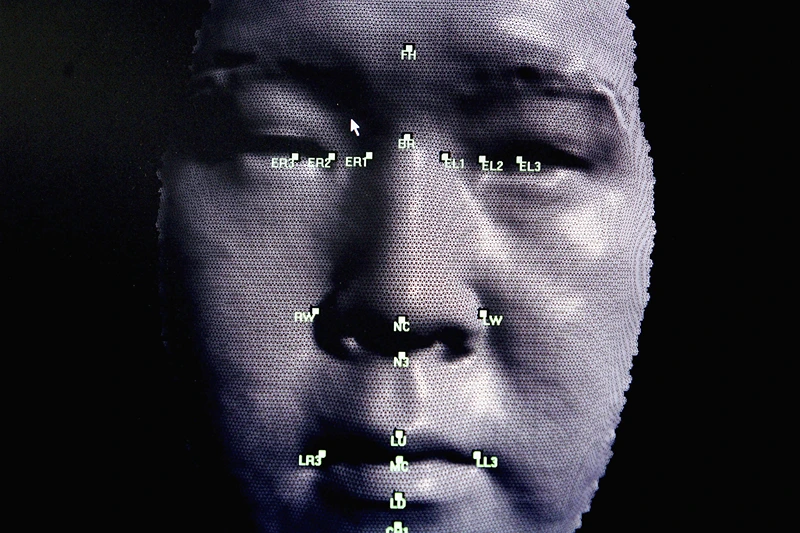
OAN’s Abril Elfi
3:47 PM – Wednesday, August 9, 2023
Over 300 minors and victims of sexual exploitation have been identified by more than a dozen international law enforcement groups who employed high-tech facial recognition technology to identify them.
On July 17th, investigators combed through a vast display of sexually explicit internet content that targeted children, much of it on the dark web and some dating back decades. From there, law enforcement made probable identifications of approximately 311 child victims.
This was known as the three-week “surge” or “Operation Renewed Hope.” Authorities also confirmed the rescue of other minor victims who had been subjected to continuous abuse.
Even though investigators had been struggling to identify the recorded child victims, new face recognition and artificial intelligence (AI) technology has provided the team with new leads in these previous cold cases.
Detectives forwarded their new leads to the appropriate local law enforcement agencies once they narrowed down a scene or provisionally identified a victim.
More than 100 leads were sent by the operation to the Homeland Security Investigations (HSI) field offices and 25 cooperating nations. Some individuals have already been detained in Canada and in the United States.
Mike Prado, deputy assistant director of the HSI Cyber Crimes Center, spoke on the operation with press reporters.
“The results of Operation Renewed Hope exceeded our wildest expectations in the sense of being able to identify children who have been abused for, in many cases, years,” Prado stated. “Images enhanced via AI or machine learning can provide our agents and investigators a starting point to begin an investigation or in some cases give us a tentative identification where we’re sending leads out to the field to confirm the identity and rescue a child.”
According to Prado, the investigators used context cues to geolocate the data and identify potential victims and offenders, such as the flora and fauna in the images and the species of birds singing on the video.
He stated that in one instance, police were able to pinpoint a particular campground, then a victim, and finally an abuser thanks to the species of fish detected that the young boy was holding in a photograph.
Victims are offered compassionate care, tools to deal with their trauma and suffering, and the chance to testify in cases against their abusers. Prado explained that some of the victims, who were only infants or toddlers when the abuse first began and are now adults, never received any counseling or other assistance.
Stay informed! Receive breaking news blasts directly to your inbox for free. Subscribe here. https://www.oann.com/alerts

